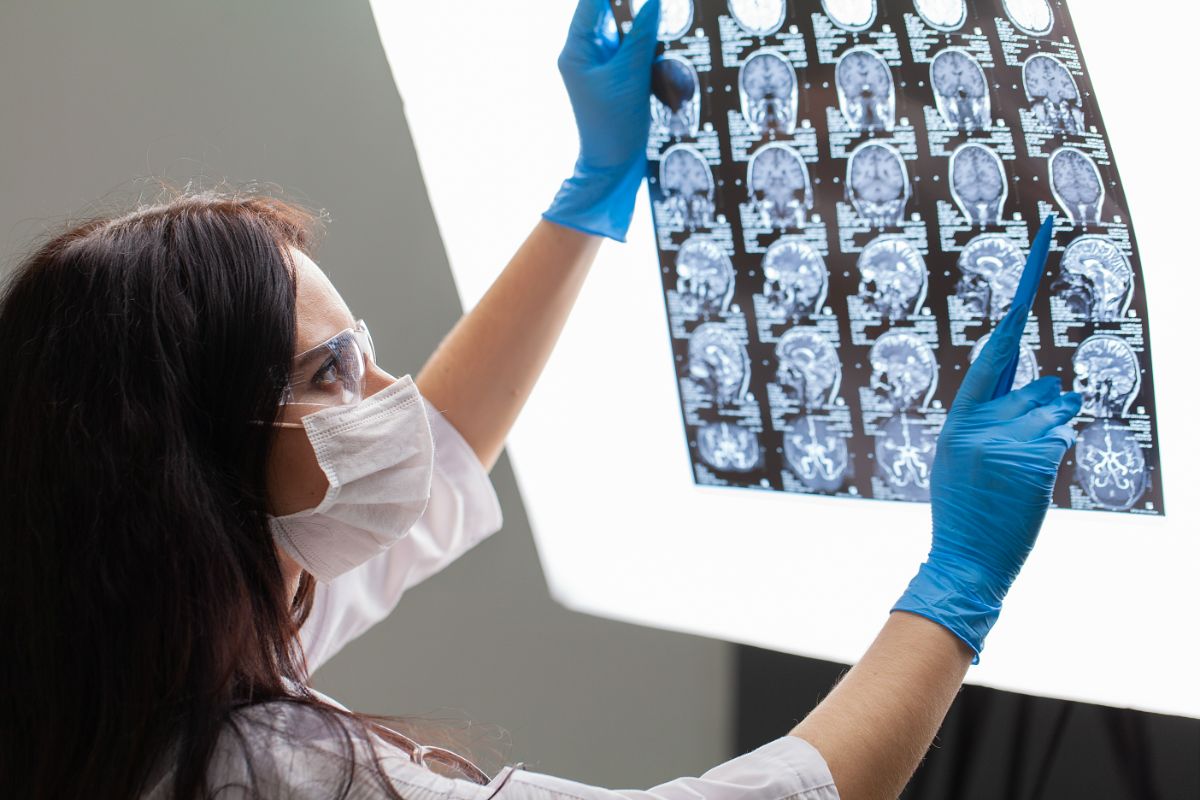What are the methods and approaches for early cancer detection?
- Screening tests
- Image testing
- Genetic testing
- Self-examination
Early cancer detection is crucial in increasing the chances of successful treatment. As the saying goes, ‘prevention is better than cure,’ and this holds particularly true for cancer. In this article, we will explore the methods and approaches for early cancer detection, empowering you to take proactive steps toward your health.
Cancer is a disease characterized by abnormal cell growth, often with no obvious symptoms in its early stages. However, through vigilance and regular check-ups, we can make a significant difference in detecting cancer at its earliest and most treatable stages. Whether you are experiencing cancer-related symptoms or simply want to stay informed about your health, there are various methods available for early cancer detection.
If you’re experiencing symptoms of cancer or you just want to be aware of your health, we have various methods for early cancer detection at our disposal:
Screening Tests
Like a vigilant army on the lookout for enemy advances, screening tests act as the first line of defense against cancer. These tests allow doctors to detect and prevent the disease before symptoms appear, increasing the chances of successful treatment and recovery.
- Mammograms: X-ray tests that detect breast cancer are recommended for women aged 40 and above.
- Pap Smears: Routine tests to check for cervical cancer by analyzing cells scraped from the cervix.
- Colonoscopies: Used to screen for colon or rectal cancer, allowing the removal of potential precancerous growths.
Consulting your healthcare provider is crucial to determine the most suitable screening tests based on your age, sex, family history, and health conditions. Regular screening tests can make a significant difference in early cancer detection and your overall cancer journey. Stay proactive and prioritize your health with timely screenings.
Image Testing

Image testing provides a detailed view of the body, aiding doctors in navigating unknown territories and uncovering hidden abnormalities. These tests play a crucial role in early cancer detection. Let’s explore a few common imaging tests:
- Magnetic Resonance Imaging (MRI): Uses magnetic fields and radio waves to produce detailed images of the body, assisting in detecting cancers such as breast, brain, and prostate cancers.
- Positron Emission Tomography (PET): Maps tissue and organ function by injecting a small amount of radioactive glucose, helping assess cancer activity and treatment response.
- Computed Tomography (CT): Provides comprehensive 3D images by rotating around the body and taking X-ray images from different angles, useful in detecting tumors and determining their size and location.
These imaging tests offer valuable insights into the body’s interior and aid in early cancer detection. Your doctor will guide you in selecting the most suitable test(s) based on your specific needs.
Genetic Testing
It’s often said that our genes tell a story about us – about our appearance, our traits, and, crucially our health. This holds especially true when we discuss cancer. How so? By using a method known as ‘Genetic Testing.’
Genetic testing peers into your DNA, analyzing specific inherited changes (mutations) in your genes. These genetic markers could potentially forecast the likelihood of developing certain types of cancer.
The BRCA1 and BRCA2 Gene Tests identify harmful mutations in genes associated with breast and ovarian cancers. While a positive test increases the risk, not every individual with these mutations will develop cancer. Genetic counseling and testing can help with early detection, prevention, or management strategies.
It’s important to understand that genetic testing has implications, and results should be interpreted in consultation with a doctor or genetic counselor. A positive or negative test doesn’t guarantee cancer development or absence, respectively. Personalized guidance is crucial for proactive cancer risk management.
Self-Examination
Knowing our bodies can be among the most empowering things we do for our health. We can do this by regularly checking your body for any changes or abnormalities like lumps, bumps, or skin alterations. It’s an easy yet powerful tool for identifying potential warning signs early, thereby giving yourself the best chance for successful treatment. Some of the self-examination methods are:
- Self-Breast Exams: Women should periodically check their breasts for changes like lumps, skin dimpling, or nipple discharge. Any unusual findings should be reported to a doctor promptly.
- Self-Testicular Exams: Men should regularly check their testicles for lumps, size changes, or discomfort. This helps in early detection of testicular cancer.
While self-examinations are not a substitute for medical tests, they serve as a heads-up to seek medical advice. Additionally, it’s crucial to be aware of changes in the entire body, including the skin, mouth, and eyes.
Key Takeaway
Visiting a hospital or consulting a doctor should not be delayed or avoided due to fear or uneasiness. Remember, physicians are your allies and want nothing more than to keep you healthy. If you notice symptoms or if it’s time for routine screening, do not hesitate to make that appointment.
Early detection of cancer can be a game-changer and this is how we empower ourselves against the disease. Cancer is not a death sentence and each one of us can be vigilant, proactive, and prioritize our health maintenance. So let’s make the most of it!
Take the proactive step toward your health today! At Perpetual Help Medical Center-Las Pinas, our comprehensive range of screening tests and health check-ups is designed to give you peace of mind when it comes to early cancer detection. Our skilled team of health professionals and cutting-edge technology ensure you receive top-tier care. It’s your health, your life – let’s safeguard it together. Contact us to schedule your tests and check-ups at our hospital today.

